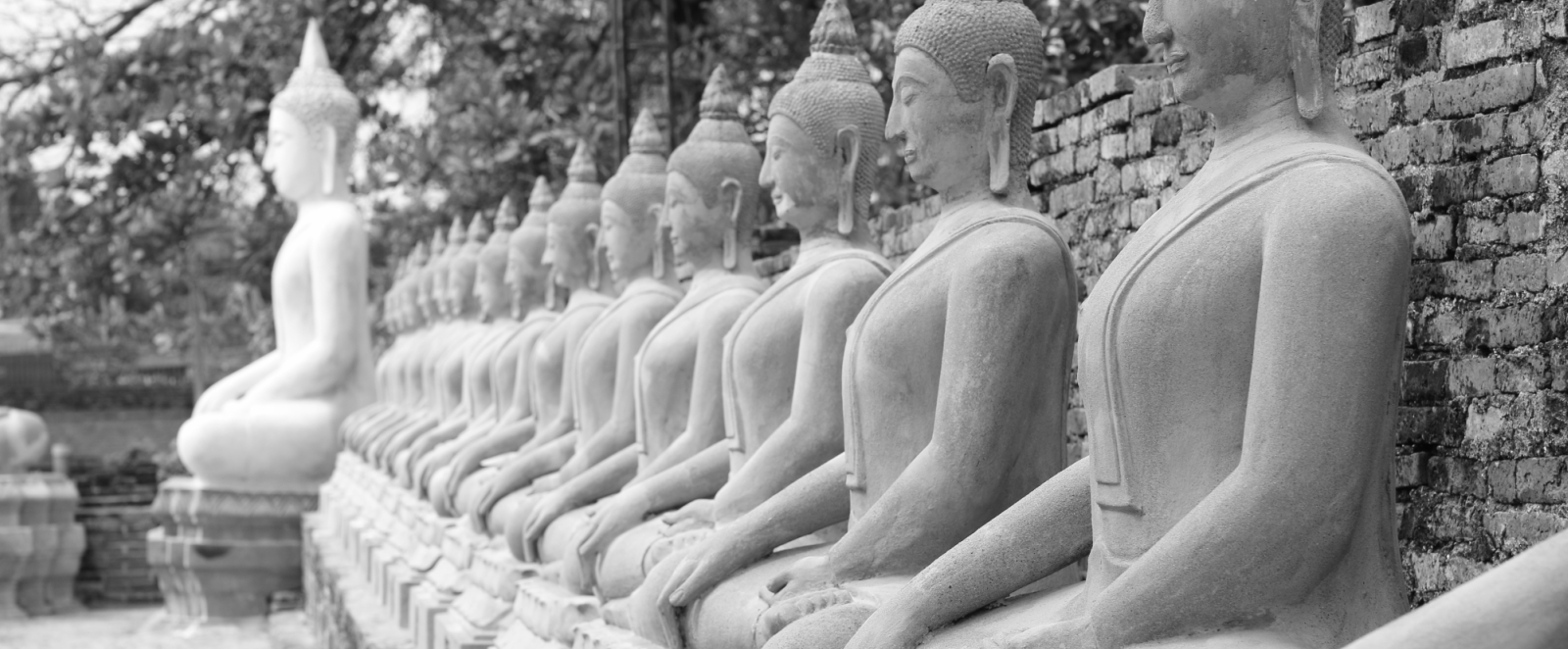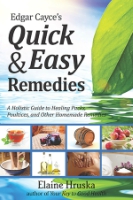The Body Beautiful
This is the promise to thee, to each soul; yet each soul must of itself FIND the answer within self. For indeed the body is the temple of the living God. There He has promised to meet thee; there He does.
-- Edgar Cayce reading 69-4
We humans ascribe holiness to texts, buildings, locations, and even some people. In contrast, the Cayce readings repeatedly point to the human body as the place where Father/Mother God will meet us.
Mysteries of the Egyptian pyramids are intriguing, yet how many conversations do we have about the miracle and mystery of the digestive, endocrine, or other physiological processes that we take for granted? The Cayce readings mention precise anatomical terms like duodenum and hepatic circulation more than 9,000 times, while, in contrast, Ancient Egypt is mentioned around 900 times.
When I was teaching Anatomy and Physiology to the Cayce/Reilly School of Massage students, I asked them to divide into groups and assigned them each a familiar action, such as brushing one’s teeth or picking a coin up off the floor. They were to work together to name all muscles involved in those actions. It didn’t take long before every group threw up their hands in defeat. The simplest of motions involve so many muscles we can’t keep track—and we had not even included bones, nerves, ligaments, or the areas of the brain directing the action! The psalmist (Psalm 139:14) had it right: “I praise you because I am fearfully and wonderfully made; your works are marvelous…”
Contrary to the common perception that science is antithetical to spirituality, scientific study can help us to read the sacred text God has written in each cell of our body. Grounded in science and rooted in the unity of mind, body, and spirit, Cayce’s readings remind us that evidence of the living God is present in our bodies. We are all wonderfully made; if only more people would wonder! When young children are taught about their bodies, including sex education (as advocated in the Cayce readings), numerous studies show that educated children make healthier choices as they mature, about everything from food selection to sexual activity and contraceptive use.
The influence of health education provided to adults is less pronounced. Though some adults truly are not aware of what constitutes unhealthy behavior, it is ingrained habits, past traumas, fear, and other emotions—rather than ignorance—that tend to drive our negative health behaviors. But if we were to consider our body as the divinely-designed vehicle in which our spirit lives and moves, knowledge of science and concerted effort could help us tackle body, mind, and spirit issues. Both the Cayce readings and modern health research agree that:
- Managing the body with gentle care helps untangle the havoc psychological trauma wreaks on the body.
- Learning how to keep the body as healthy as possible frees up energy to process self-defeating attitudes and emotions.
- Listening to the messages from our bodies’ wisdom guides us to make better health decisions.
Study of the complex interplay between hormones—ghrelin and leptin, for instance—and how they affect our appetites may interest only nerds like me; but the basics of how difficult fried foods are to digest, as an example, should be common knowledge. The internet overwhelms us with information, but some of it is incorrect.
Understanding basics about how our bodies work will help us take control of our health and make better decisions about therapies, whether they’re household Cayce remedies or cutting-edge modern medicine. Awareness of physiology can turn even the most routine action (walking barefoot across the floor), into a mindful prayer of gratitude for the 26 bones, 33 joints, and more than 100 muscles, tendons, and ligaments that work perfectly together to make each step possible.
Cayce reading 69-4, reminds us that God promises to meet us in our bodies—in our DNA, our mitochondria, our synapses, our coronary arteries, our pineal glands…and even in our toenails!
Thousands of years ago, the author of Genesis 1:27, wrote: “So God created mankind in his own image, in the image of God he created them; male and female he created them.” The more I learn about our complex anatomy and physiology, the deeper is my appreciation and reverent gratitude for our creation. The human body is a truly marvelous and sacred text.
Excerpted from the Jan-Mar 18 Venture Inward magazine.








